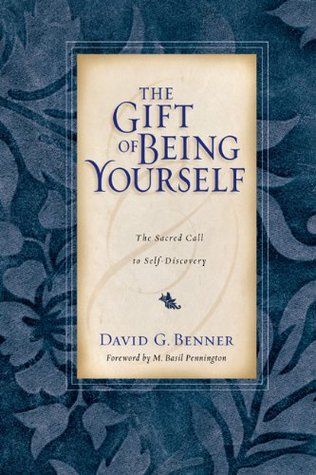More on this book
Community
Kindle Notes & Highlights
it is what we think we most need.
There is nothing wrong with any of these things.
The most basic function of our compulsions is to help us preserve our false self.
unhappiness is always a result of “not being able to do something I want to do, have something I want to have, or concern about what others will think of me.”
The first attempted seduction of the tempter was to turn stones into bread—a temptation to power.
doing,
throw himself from the top of the temple into the crowds below, so they would immediately recognize him as the Messiah.
prestige.
possessions.
Jesus knew who he was in God.
Every moment of every day of our life God wanders in our inner garden, seeking our companionship. The reason God can’t find us is that we are hiding in the bushes of our false self.
Coming out of hiding requires that we embrace the vulnerabilities that first sent us scurrying for cover. As long as we try to pretend that things are not as they are, we choose falsity.
do two things.
First, ask God to help you see what makes you feel most vulnerable and most like running for cover.
Second, prayerfully reflect on the image of your self to which you are most attached.
Consider how you like to think about yourself, what you are most proud of about yourself.
The anthropological question (Who am I?) and the theological question (Who is God?) are fundamentally inseparable.1 It is by losing our self in God that we discover our true identity.
The discovery of our true self does not simply produce freedom. It also generates vocation.
First, we are called to be human beings.
A second level of calling is to be Christians.
Genuine Christ-following will always make us more, not less, human.
much bigger than a career, job or occupation—our unique calling will be based on our gifts and abilities, will grow out of our deepest desires, and will always involve some response to the needs of the world.
Our vocation is a call to serve God and our fellow humans in the distinctive way that fits the shape of our being.
The way of the true self is always the way of humility.
My temperament, my personality, my abilities, and my interests and passions all say something about who I was called to be, not simply who I am.
His way involves losing our life so that we might find it, dying so that we might live. His way is always the way of the cross. Death always precedes new life.
The knowing of the self that is involved in Christian spirituality is a knowing of self in relation to God.


